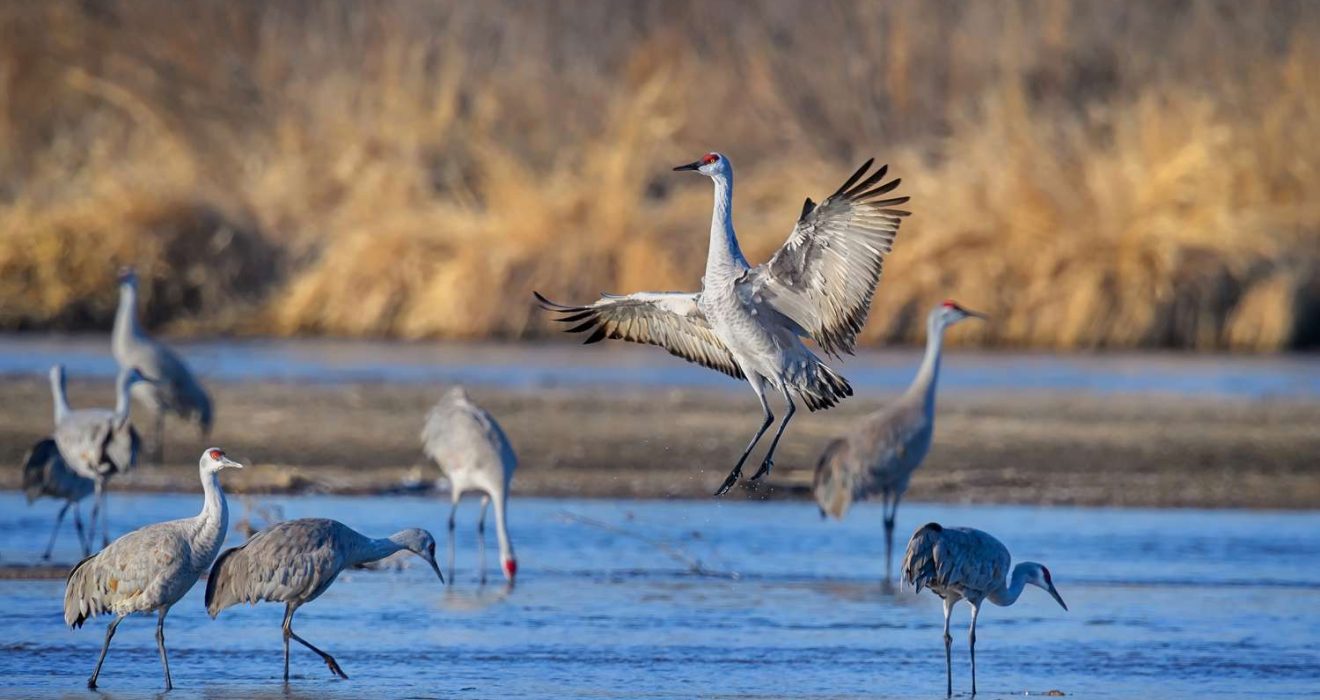“The ominous legacy of pesticides finds its roots in the aftermath of World War I, as research initially focused on nerve gas and explosives paved the way for a new era of chemical warfare. Post-World War II, the repurposing of synthetic organic compounds for agricultural use unleashed a formidable wave of pesticides, with the notorious DDT serving as an epitome. Despite the ban on DDT, the world now contends with a burgeoning menace—an annual onslaught of 3 million tonnes of agricultural pesticides. This deluge poses significant ecological threats, creating an urgent need for global awareness and sustainable interventions to safeguard our ecosystems from the lingering impact of these chemical agents.”
Pesticide Migration
Diving into the realm of pesticide impact beyond agricultural fields, a groundbreaking global study unveils the extensive migration of these chemical agents after application. An alarming 70,000 tonnes of harmful pesticides permeate aquifers annually, embarking on a journey that spans rivers, oceans, and soils. Federico Maggi, the lead author, emphasizes the far-reaching consequences as he notes, “pesticides wander far from their original source.” This revelation sparks concerns over downstream contamination, where these chemicals, albeit in smaller quantities, can eventually find their way into the expansive reaches of the ocean. The study underscores the need for heightened awareness and comprehensive strategies to mitigate the pervasive environmental footprint of pesticides, emphasizing the interconnectedness of ecosystems beyond the confines of agricultural landscapes.
Unveiling the Persistence of Pesticides
Delving into the persistent nature of pesticides, a revelatory study exposes a disconcerting truth: a staggering 80% of applied pesticides undergo breakdown in the soil, giving rise to byproducts. This cascade of molecules, endowed with persistent and toxic traits, becomes an enduring environmental concern. Particularly highlighted is the case of glyphosate, a commonly used herbicide, which transforms into AMPA, presenting long-term threats to ecosystems. The study illuminates a critical aspect often overlooked—the degradation process of pesticides extends far beyond their initial application, perpetuating their environmental impact. This insight underscores the imperative for a holistic understanding of the repercussions of pesticide use, urging for comprehensive strategies to address not only their primary effects but also the enduring ecological consequences that linger in the soil long after the chemicals are introduced.
Aquatic Ecosystems at Risk
In the precarious balance of aquatic ecosystems, a fraction of pesticides entering river systems triggers profound consequences. The study, revealingly, discloses that a seemingly modest 0.1% leaching into freshwater translates to a staggering 730 tonnes annually, placing the foundation of marine and freshwater food chains in jeopardy. As these pesticides embark on a journey towards the ocean, it transforms into a repository for active pesticide ingredients, intensifying risks to marine wildlife and delicate coral reefs. This alarming revelation underscores the pressing need for a comprehensive, global intervention. Urgency resonates through the call to action, demanding coordinated efforts to mitigate the far-reaching impact of pesticides on aquatic environments, safeguarding not only the delicate balance of ecosystems but also the sustenance of life within the intricate web of marine and freshwater food chains.
River Ecosystems in Peril
In a disquieting revelation, river ecosystems face an imminent threat, with over 13,000 kilometers of rivers worldwide exhibiting chemical concentrations exceeding safety limits for aquatic plants and invertebrates. The true extent of this impact on river ecosystems remains shrouded in uncertainty, compelling co-author Dr. Fiona Tang to issue a stern warning against complacency. The insidious nature of pesticide residues, though not immediately visible, silently undermines critical systems on both land and in rivers, laying the groundwork for a potential ecological crisis. The urgency to comprehend and address this looming peril underscores the imperative for thorough research, vigilant monitoring, and proactive measures to safeguard the intricate balance of river ecosystems, upon which the health of countless organisms and the overall environmental equilibrium depend.
A Call for Urgent Action
Echoing a clarion call for immediate action, the authors underscore the pressing need to embrace sustainable management strategies that can effectively curtail the pervasive use of harmful pesticides. Dr. Francesco Tubiello, a prominent voice from the United Nations’ Food and Agriculture Organisation, emphasizes the critical significance of aligning these strategies with the ambitious 2030 Sustainable Development Agenda. The challenge at hand is formidable—striking a delicate balance between the imperative for increased food production to meet the demands of a growing global population and the urgent necessity to minimize environmental harm. This calls for a concerted effort to foster innovation, implement stringent monitoring mechanisms, and foster collaboration among stakeholders to chart a sustainable path forward that harmonizes food security with ecological resilience and longevity.
Charting a Sustainable Course for Agriculture
As we confront the pervasive impact of agricultural pesticides, a paradigm shift is imperative. The ecological footprint of pesticides extends far beyond the fields, touching aquifers, rivers, and oceans. The call for urgent action is clear—to reduce pesticide use, develop reliable indicators, and implement improved monitoring. Navigating a sustainable path forward demands a collaborative effort between researchers, policymakers, and food producers to ensure a balance between feeding a growing population and preserving our planet for future generations.

